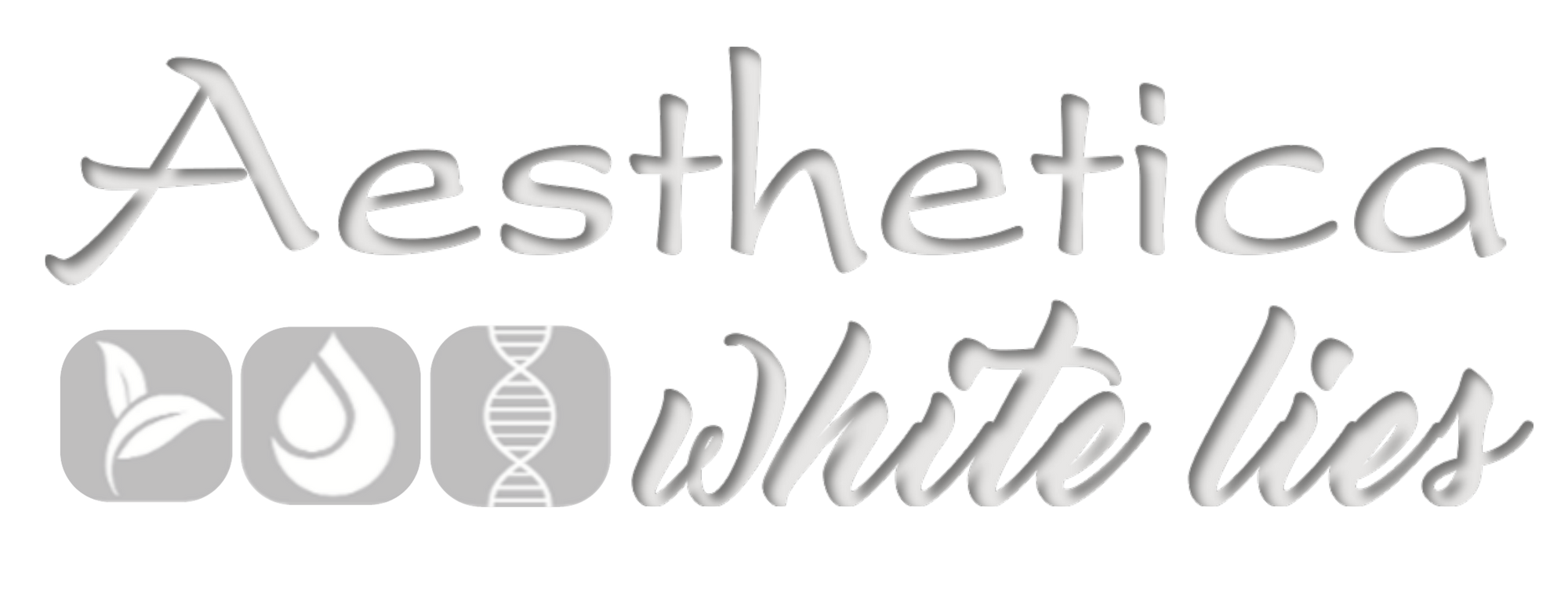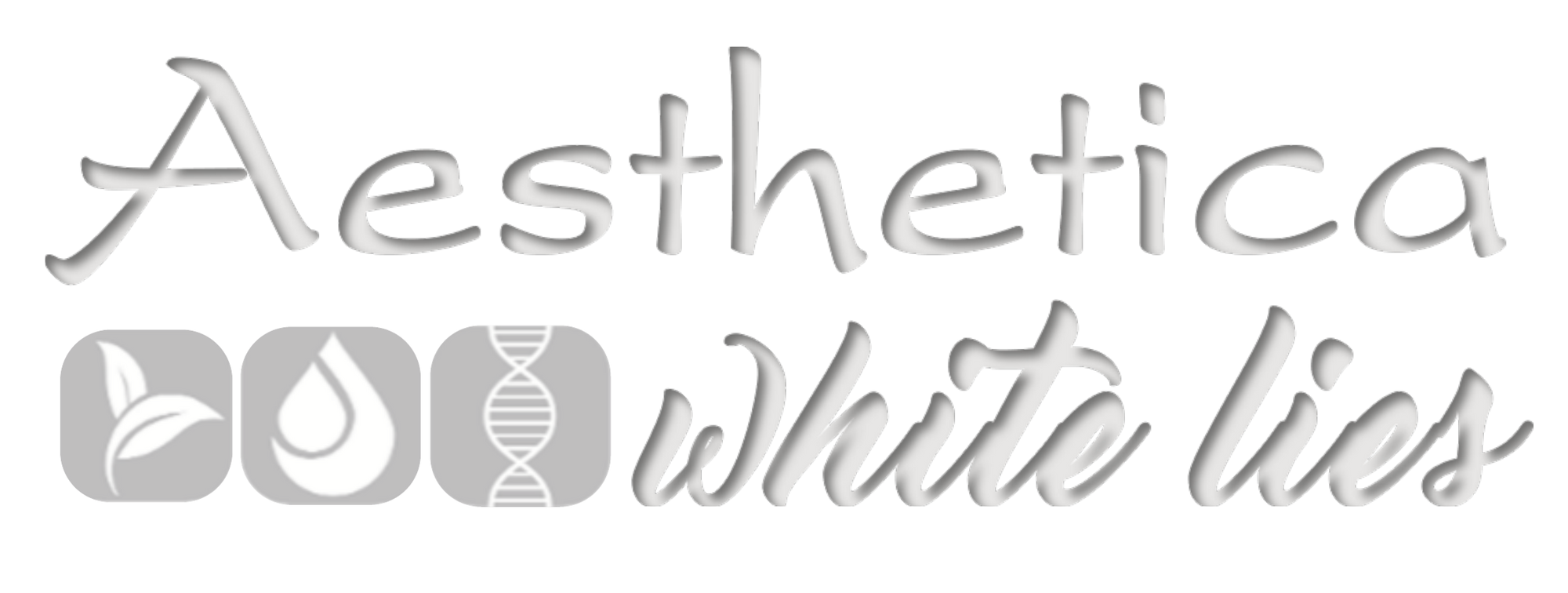Varicose veins are the blue or purplish enlarged veins you typically see bulging out of a person’s leg, most often on the back of the calve area or on the inside of the legs. If varicose veins are severe, don’t ignore treatment, as they can rupture or form ulcers on the skin, which require immediate attention. Sclerotherapy is a medical procedure used to treat varicose veins. The procedure at Aesthetica Skin Centre is designed to improve the appearance of varicose veins. During the sclerotherapy process, Dr Bianca Cowan injects a solution directly into the affected vein. The solution irritates the lining of the vessel, causing it to swell and stick together. In particular, the veins are injected with a sclerosant solution that damages the vein’s internal lining and causes blood clotting within the vein. In time, your own body will then destroy the vein, and it will disappear. The solution generally used for this procedure is called sodium tetradecyl sulphate (STD) and is available in different concentrations depending on the vein’s size being treated.
References:
Francis, J.J., & Levine, L.A., (2013). Aspiration and sclerotherapy: A nonsurgical treatment option for hydroceles. The Journal of Urology, 189(5), 1725–1729. https://www.ncbi.nlm.nih.gov/pubmed/23142687
Veräjänkorva, E., Rautio, R., Giordano, S., Koskivuo, I., & Savolainen, O. (2016). The efficiency of sclerotherapy in the treatment of vascular malformations: A retrospective study of 63 patients. Plastic Surgery International. https://www.hindawi.com/journals/psi/2016/2809152/
What causes varicose veins? (2014). Retrieved from: https://www.nhlbi.nih.gov/health/health-topics/topics/vv/causes
Worthington-Kirsch, R. L. (2005, September). Injection sclerotherapy. Seminars in Interventional Radiology, 22(3), 209–217. https://www.ncbi.nlm.nih.gov/pmc/articles/PMC3036277/
Collections: Body Procedures, Home page, Skin Lesions and Veins
Category: Veins

